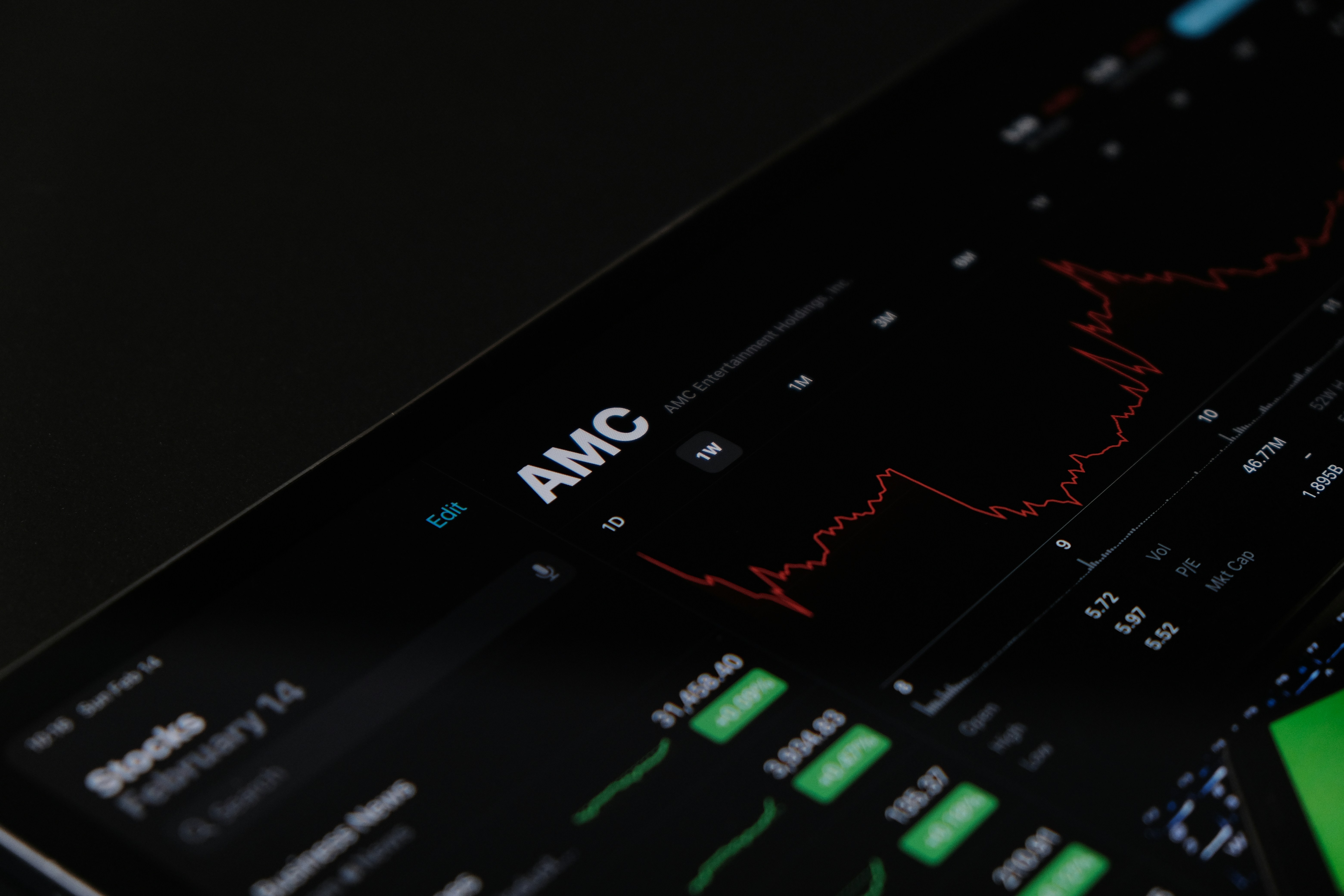
Understanding the 5G Revolution and Nokia’s Role
The advent of 5G technology signifies a monumental transformation within the telecommunications landscape, bringing unprecedented speed, connectivity, and capacity. This fifth generation of mobile networks is poised to enhance various sectors, including healthcare, transportation, manufacturing, and entertainment, by enabling advanced applications such as the Internet of Things (IoT), augmented reality (AR), and smart cities. The impact of 5G is projected to be staggering, with an estimated economic contribution of trillions of dollars globally over the next decade, thus underscoring its importance in shaping the future of digital infrastructure.
Nokia has established itself as a key player in the 5G ecosystem, leveraging its historical expertise in mobile communications to innovate and provide comprehensive solutions. The company has forged strategic partnerships with several telecommunications operators worldwide, allowing it to deliver end-to-end 5G solutions, including radio access, core networks, and cloud infrastructure. These collaborations are essential as they facilitate an expansive rollout of 5G networks, driving adoption rates and enhancing service delivery.
In addition to collaborations, Nokia’s commitment to research and development has led to groundbreaking advancements in 5G technology. The company invests heavily in creating robust, scalable, and adaptable systems that meet the evolving demands of modern telecommunications. Nokia’s extensive intellectual property portfolio further enhances its competitive edge, ensuring that it remains at the forefront as the industry transitions to this next generation. As markets increasingly gravitate towards 5G, it is imperative for investors to monitor companies like Nokia that are strategically positioned to capitalize on this technological shift. Their involvement not only supports network modernization but also aligns with burgeoning consumer and enterprise demand for faster and more reliable connectivity.
Analyzing Nokia’s Recent Stock Performance
In recent months, Nokia has experienced notable fluctuations in its stock performance, characterized by a heightened interest from retail investors, which is particularly evident from the meme stock phenomenon. This trend has attracted attention, as investors increasingly speculate about the potential for substantial gains similar to what has been seen with other tech stocks like NVIDIA. Analyzing the dynamics of Nokia’s stock price reveals several key factors contributing to these movements.
Firstly, market sentiment plays a crucial role in driving stock price fluctuations. Recent reports indicating advancements in Nokia’s 5G technology, combined with strategic partnerships, have created bullish sentiment among investors. As the demand for 5G infrastructure continues to rise, Nokia’s position within the sector appears promising. Additionally, increasing awareness of meme stocks has further fueled speculation, pushing investors to buy shares based on social media trends rather than traditional valuation metrics.
Furthermore, investor behavior has shifted significantly in the current landscape. The engagement of retail investors, particularly through platforms that promote stock trading and social engagement, has altered the typical investment paradigm. This interaction has not only amplified volatility but has also introduced a new layer of complexity to market analysis. Many retail investors are now tapping into stock movements driven by TikTok and Reddit discussions, echoing previous trends that have reshaped the investing environment.
Lastly, while Nokia’s stock price has undergone substantial changes, it remains essential to evaluate whether these trends are sustainable. The correlation to broader market movements, particularly in technology stocks, suggests that investing in Nokia may indeed offer potential for significant gains. However, the speculative nature of stock movements tied to meme culture often entails inherent risks that savvy investors must consider. By understanding these factors, stakeholders can make informed decisions regarding Nokia’s stock and its place in the technology sector.
The Meme Stock Phenomenon and Its Impact on Nokia
The rise of meme stocks has dramatically transformed the landscape of stock trading, driven primarily by social media platforms where retail investors congregate and share opinions. This movement has empowered everyday individuals to influence stock prices through collective buying strategies, often bypassing traditional investment analysis. Nokia, a long-standing telecommunications company, has emerged as a notable participant in this phenomenon. Its stock has attracted significant attention, not only for its technological offerings but also due to its newfound status among retail investors.
The conversation surrounding Nokia within the realm of meme stocks is indicative of a broader trend where companies, regardless of their underlying fundamentals, can experience significant price movements based on social sentiment. Platforms like Reddit and Twitter have become breeding grounds for discussions that can propel stocks into the limelight, and Nokia has become a focal point of these dialogues. As retail investors rally around stocks they perceive as undervalued or legacy symbols, Nokia’s narrative has morphed into one intertwined with excitement and volatility.
However, investing in meme stocks like Nokia is accompanied by inherent risks due to the unpredictable nature of retail-driven trading. The valuation of such stocks can be influenced more by trends and viral marketing than by traditional indicators such as earnings reports or market conditions. This shift has led to heightened volatility, where substantial gains can just as easily be followed by steep declines, making it imperative for investors to exercise caution. While the dramatic price fluctuations might appear enticing, they also underscore the necessity of due diligence and a balanced approach to the excitement surrounding meme stocks.
Investment Strategies: Should You Load Up on Nokia?
When considering whether to invest in Nokia, particularly in the context of anticipated market movements, it is essential to assess various investment strategies and financial principles. Investing in stocks, especially those with high volatility such as Nokia, requires a careful analysis of risk management and diversification of your portfolio.
First and foremost, risk management plays a crucial role in investment decisions. Investors must evaluate their risk tolerance before allocating a significant portion of their capital to Nokia. The potential for rapid price fluctuations in the stock may lead to substantial gains or losses, hence establishing a well-defined risk management strategy can help to mitigate potential downsides. One approach could involve setting stop-loss orders, which can limit losses by automatically selling shares when they fall to a pre-determined price.
Moreover, portfolio diversification is a beneficial practice that helps in reducing overall risk. Rather than heavily investing only in Nokia, consider spreading out investments across different industry sectors and asset classes. This strategy not only protects your assets during downturns in a specific stock but allows the opportunity to benefit from gains in other areas. It is also advisable to periodically reassess the balance and allocations within your portfolio based on market conditions and personal financial goals.
Active investors should also pay attention to market signals. Technical indicators and breaking news related to Nokia might provide clues on timing investments. Setting target prices is another prudent strategy, allowing investors to identify optimal entry and exit points based on their analysis. By determining a price at which you intend to buy or sell, you can navigate the emotional aspects of trading more effectively.
In conclusion, if you are contemplating loading up on Nokia shares, incorporating these strategies into your investment approach will be essential. By understanding risk management, diversifying your portfolio, and setting clear market signals, you can make more informed decisions in the dynamic and potentially profitable arena of stock trading.


